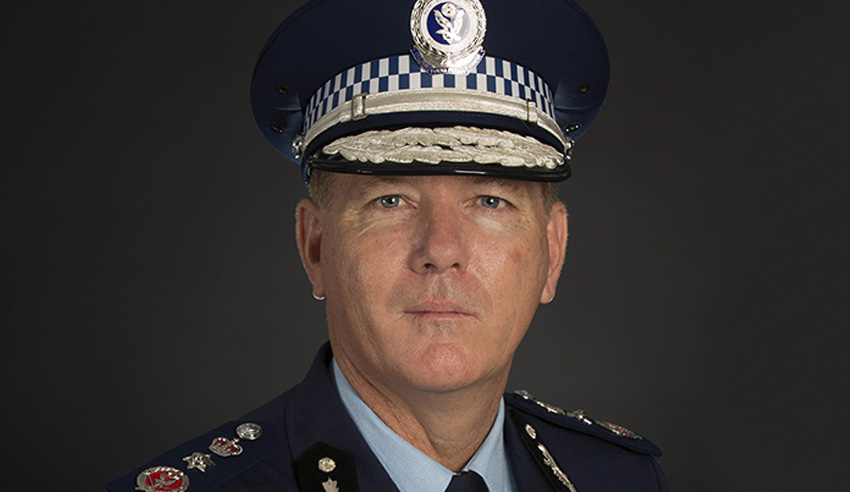The Human Rights Law Centre has called for strong safeguards as governments grant police new, sweeping powers in response to the COVID-19 pandemic.

Source: police.nsw.gov.au/about_us/commissioner
Shahleena Musk, legal director with the Human Rights Law Centre, said that while governments granting police extra powers to restrict civil liberties might be justified right now, it is vital that governments also commit to strong safeguards to ensure the powers don’t go too far and that they are used in a fair way.
This also means that the powers are reviewed and are not just a free pass for heavy-handed policing, that there is a public education campaign, and that there is independent oversight of any police wrongdoing.
“While we’re being told police will take a ‘sensible approach’, history shows that too often an increase in police powers leads to marginalised groups being disproportionately punished," Ms Musk said.
For example, Ms Musk said that Aboriginal and Torres Strait Islander people, people with a disability or poor mental health, women escaping family violence and people experiencing homelessness are too often hardest hit.
“It is crucial that these new powers are not used to target and criminalise vulnerable members of our community,” she said,
Similarly, the Australian Lawyers Alliance has already said that police powers should be limited with a moratorium on the prosecution of low-level street and drug offences should be implemented immediately during the COVID-19 pandemic so “that police can focus on assisting the community to keep it well and safe”.
The ALA has supported the recently released Police Accountability Report to ensure that police prioritise public health needs and human rights and avoid unnecessary and potentially harmful police interactions during this health crisis.
Australian Council of Civil Liberties president Terry O’Gorman had also acknowledged civil liberties had to take second place to dealing with a once-in-a-century pandemic, but checks and balances on new powers were crucial.
In regard to increased powers, Ms Musk said these new measures in place must be communicated well by government-led education campaigns and understood by the community.
“It’s really important that all people and communities can understand the new rules. The rapid rate of change at the moment has led to a great deal of confusion,” Ms Musk said.
“Governments must deliver a proactive public health campaign that tells everyone, no matter where they live or what language they speak, exactly what is expected of them, what they need to do, and what the consequences are.”
Ms Musk said that with increased police powers should also come extra independent oversight to ensure the powers are properly reviewed and that there is accountability if police overstep the line.
“To know if these powers are being used fairly and proportionately, governments must commit to regular and independent reviews,” she said.
“Likewise, if community members make complaints of police misconduct, these should be investigated by an independent corruption watchdog, like IBAC in Victoria. It is absolutely critical that the community trusts police. If there are complaints of police wrongdoing, police should not be investigating other police officers.”